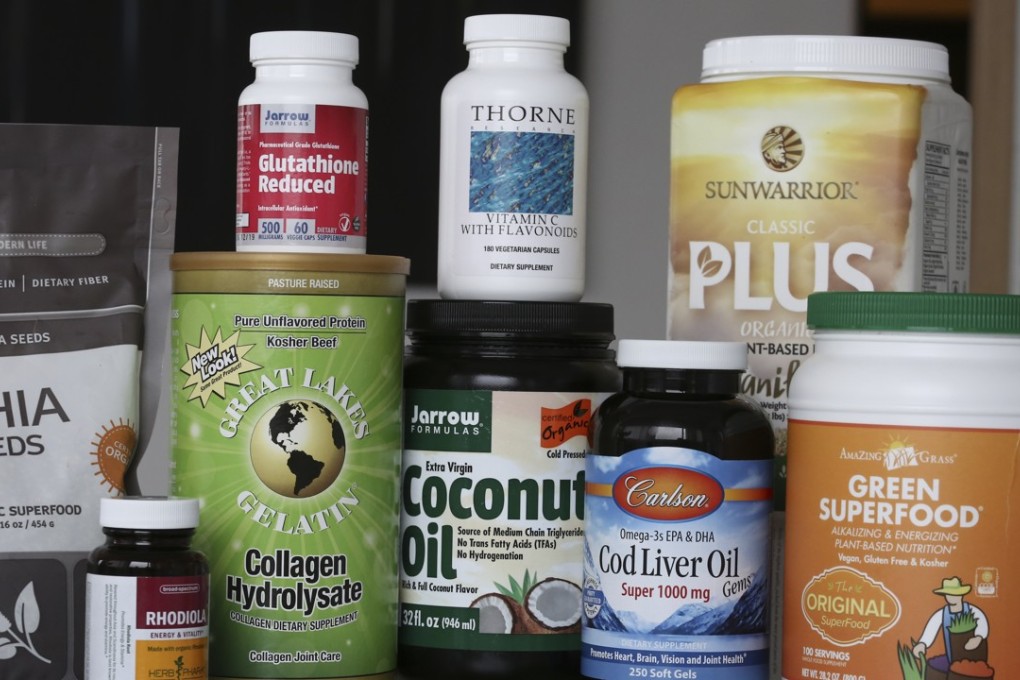Foreign nutritional product brands seek new growth strategies in China under more regulated market
As e-commerce regulations are tightened in China, a growing number of international nutritional product brands are expanding their offline channels and seeking local partners

The rapidly-growing nutritional products market in China has attracted many foreign brands but their old ways of doing business on the mainland are being challenged in the face of tighter government regulations and the emergence of local competitors.
China’s health supplement market is forecast to be worth 180 billion yuan (US$26.5 billion) by 2020, up from 120 billion yuan in 2015, according to a report published in May by consulting firm Roland Berger.
China may soon overtake the US as the largest nutritional products market in the world thanks to rising health awareness among the mainland population and the country’s growing per capita GDP.
“Increasing health conscious behaviour and rising incidence of lifestyle diseases has led to a significant rise in the demand for health supplements,” said Vipassa Kakroo, senior food and beverages consultant at Persistence Market Research. “Moreover, the shifting trend towards preventive health care in China, which reduces health care expenditure, has also contributed to the demand for nutrition products.”
For most foreign products, the main sales channels in China are e-commerce platforms like Taobao, operated by Alibaba Group, which owns the South China Morning Post. With the thriving cross border e-commerce, international companies have been able to bypass mainland regulations on health products and avoid local taxes, which has given them an edge in price competition with domestic products. In 2015 Australian vitamin company Swisse generated more than 700 million yuan in sales on Tmall, the e-commerce platform within Taobao, making it the most popular nutrition brand on the site.
